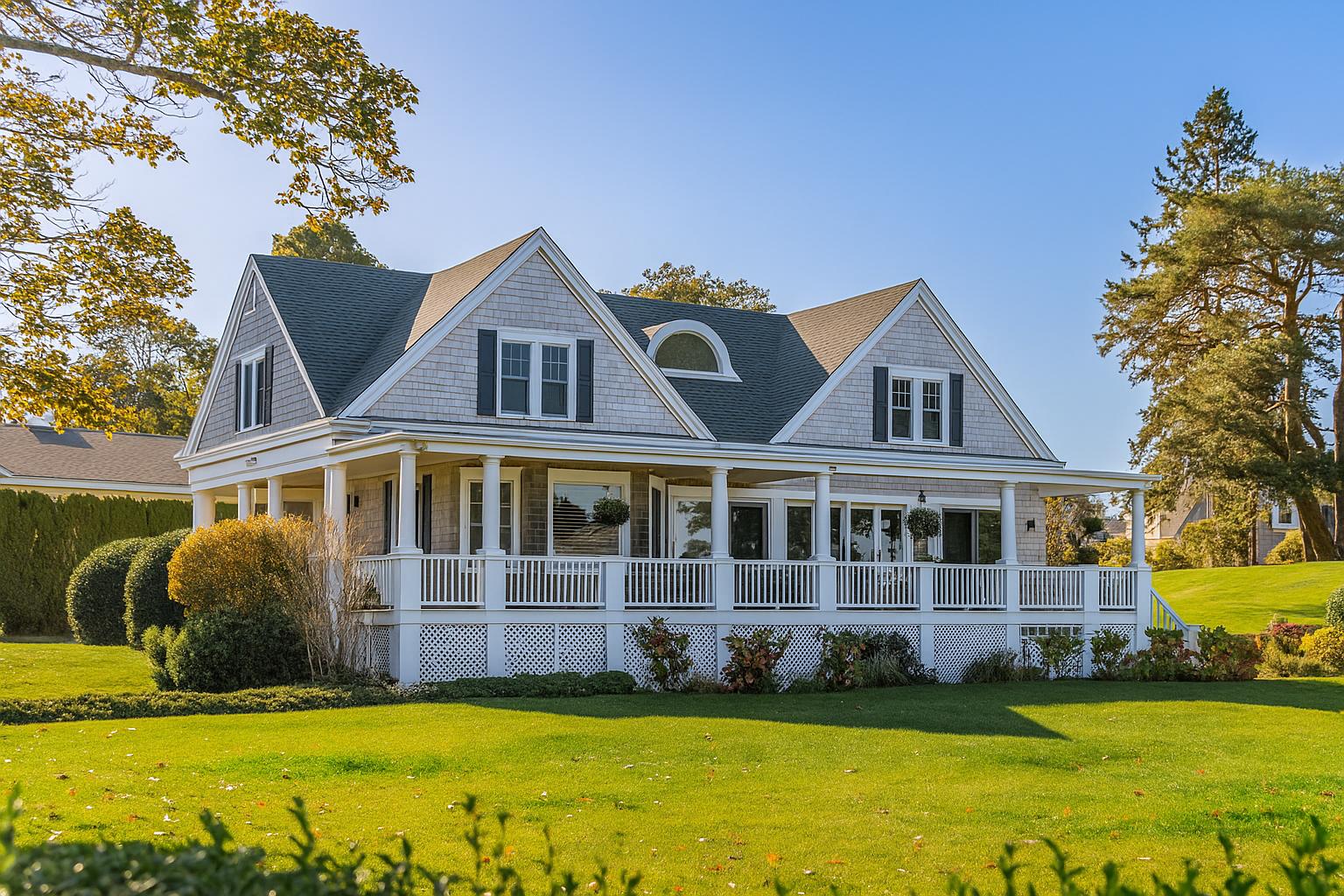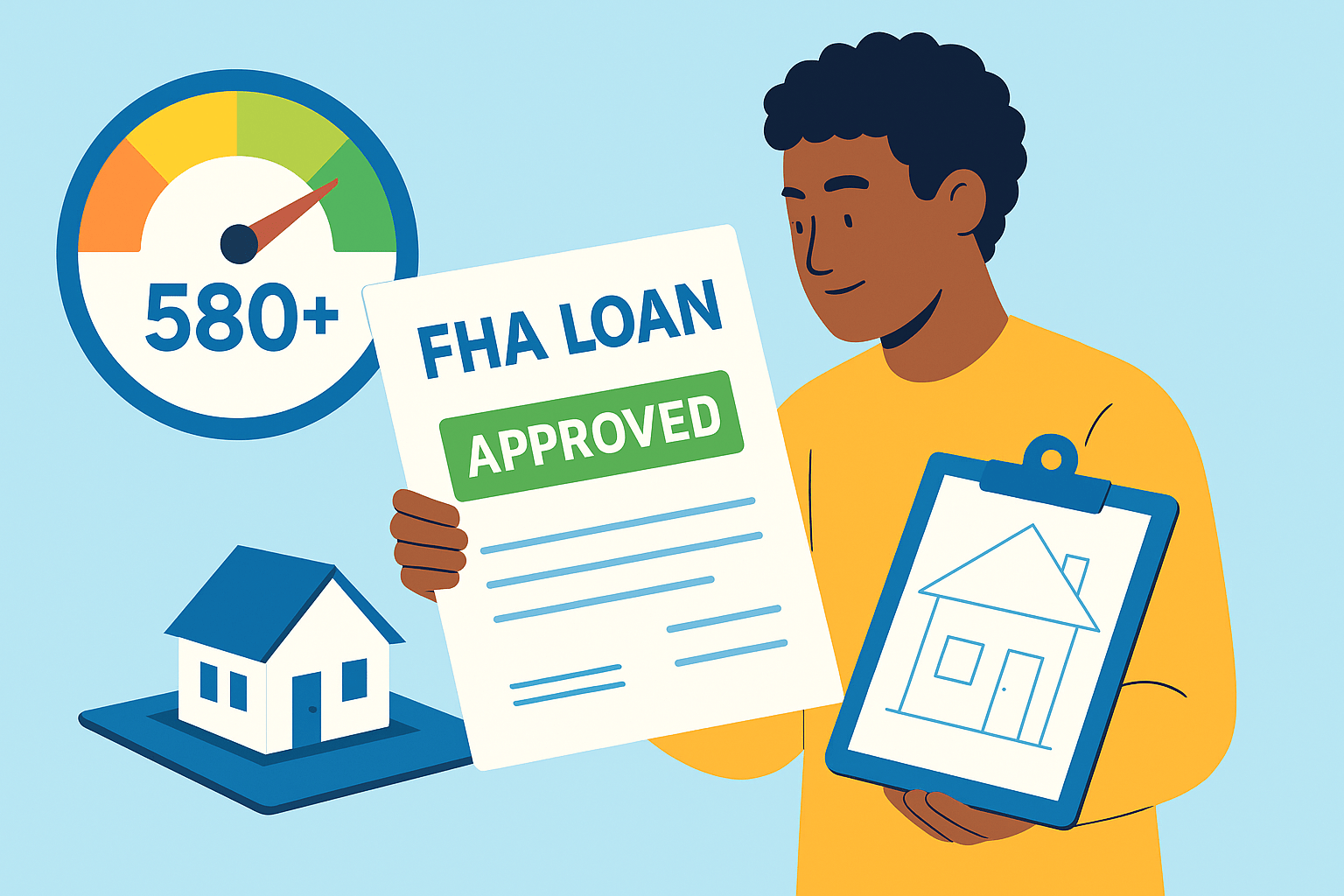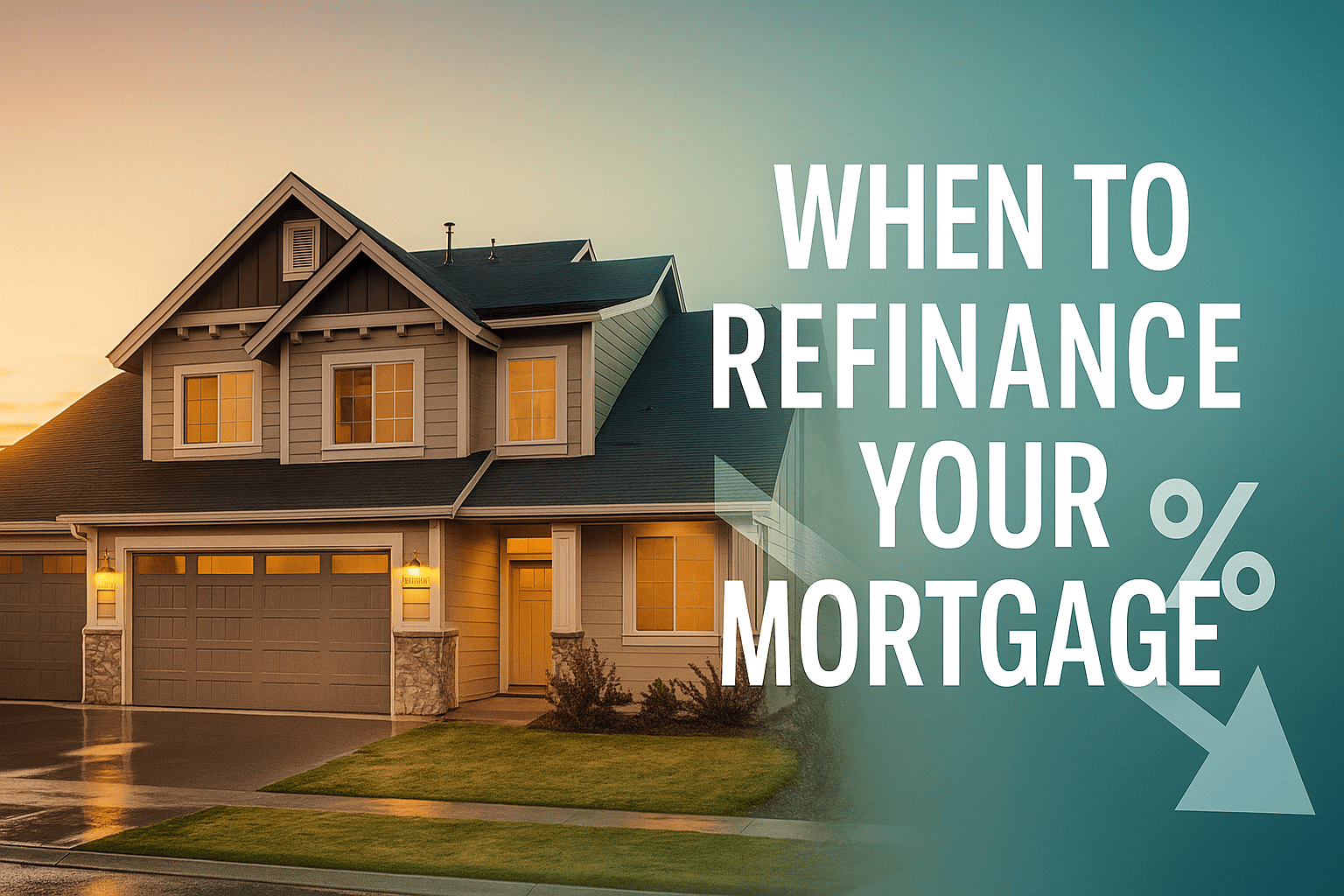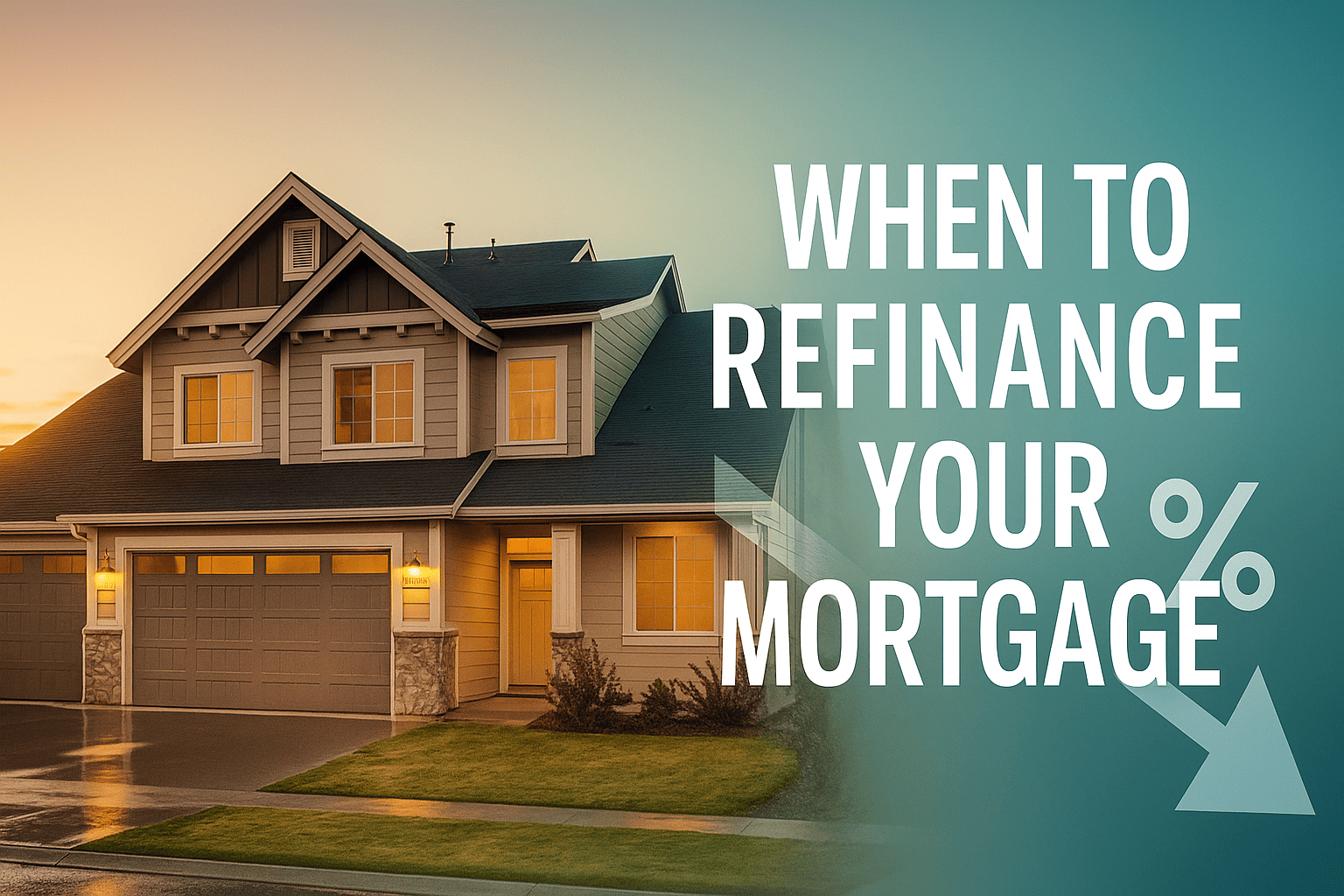Start Up: Minnesota’s Springboard for First-Time Homebuyers in 2024
If the dream of owning a home in the Land of 10,000 Lakes has felt just out of reach, Start Up may be the missing paddle to get you across the water. In a single package, the program offers down-payment help, competitive fixed rates, and education tailored for new buyers. Within the next seven minutes you’ll know whether this first-time homebuyer lifeline is the right fit for your Minnesota address.
Why Minnesota Built Start Up in the First Place
Minnesotans love numbers, so let’s start there. According to Minnesota Housing’s latest annual report, households earning under $74,000 make up nearly 60 % of first-time buyers statewide, yet many struggle to save the recommended 10–20 % down payment. Recognizing that disconnect, the state launched Start Up to:
- Bridge the savings gap with affordable down-payment and closing-cost loans.
- Freeze interest‐rate uncertainty by locking in fixed rates—often below market averages.
- Equip buyers with eight hours of homeownership education so surprises stay at a minimum.
The result? Over 5,000 Minnesota households received keys through Minnesota Start Up loan products last year alone, a figure that has quietly doubled in the past decade.
What Is the Start Up Program in Minnesota?
Start Up is the flagship, first-time homebuyer program offered by Minnesota Housing. Think of it as a three-in-one toolbox:
- Primary fixed-rate mortgage—A 30-year, fully amortizing loan (FHA, VA, USDA, or conventional) with published rates updated daily.
- Deferred Payment Loan (DPL)—Up to $12,500 at 0 % interest, payable only when the home is sold, refinanced, or the first mortgage is paid off.
- Monthly Payment Loan (MPL)—Up to $18,000 at a low interest rate, repaid over 10 years alongside the first mortgage.
This tiered approach lets buyers choose between no monthly payment (DPL) or more purchasing power (MPL). You can also stack the Start Up mortgage with federal tax credits or local grants—more on that in a bit.
How the Benefits Stack Up Against Traditional Loans
| Feature | Start Up | Typical Bank Loan |
|---|---|---|
| Minimum Down Payment | As low as 0 % (VA/USDA) or 3 % (Conventional); DPL/MPL covers the rest | 3 %–20 % out of pocket |
| Rate Locks | Available at application; often 0.25–0.40 percentage points under statewide average | Market rate only, limited lock periods |
| Credit Score Flexibility | 620+ on Conventional / 640+ on FHA | Usually 660–700 minimum |
| Up-Front Costs | Reduced or deferred; education costs capped at $95 | Buyer pays appraisal, credit report, application fees |
In short, Start Up trims the financial “brambles” that often snag first-timers before they even reach the open house.
A Micro-Story: How Sara & Devin Bought in Duluth on Teachers’ Salaries
Sara teaches third grade. Devin is a high-school band director whose French horn solos echo across Lake Superior on quiet evenings. Their combined income—just shy of $87,000—put a downtown Duluth condo within sight but not within reach. Rent climbed; student-loan bills hummed a rival tune.
The couple discovered MN Start Up assistance at a Saturday homebuyer workshop. By Sunday evening, they had an accepted purchase agreement on a two-bedroom condo only blocks from their schools. The $12,000 Deferred Payment Loan covered the entire down payment, letting them hold onto their emergency fund. Monthly housing costs now trail their old rent by $180, which Devin jokes buys “plenty of sheet music and lattes.”
Who Qualifies for the Minnesota Start Up Loan?
Eligibility requirements change slightly each year, but the 2024 guidelines break down as follows:
- First-Time Buyer Status—No ownership interest in a primary residence in the past three years (waived for veterans and certain target areas).
- Income Limits—$124,200 for 11-county metro; $109,000 for greater Minnesota (effective April 2024).
- Purchase Price Limits—$372,600 metro; $349,500 non-metro.
- Credit Score—620-plus for conventional; 640-plus for FHA/VA/USDA.
- Homebuyer Education—Complete an approved course like Framework® or in-person Home Stretch.
Remember, those numbers represent ceilings, not targets. Even families well under the income cap sometimes think they “make too much.” They don’t.
Step-by-Step Map to Secure Your Start Up Mortgage
- Find an approved lender. Over 60 Minnesota banks, credit unions, and mortgage companies are certified.
- Get pre-qualified. Provide income documents, debt statements, and permission for a credit pull.
- Choose DPL or MPL. Your lender will model monthly payments and future payoff scenarios.
- Complete education. Online courses can be finished in one evening; in-person workshops add networking benefits.
- House hunt & write an offer. Ensure the appraisal meets program guidelines.
- Close & move in. The deferred loan is recorded as a second mortgage—no monthly billing if you picked DPL.
Tip: Rate locks can remain valid for up to 70 days, so securing one early shields you from sudden market spikes.
Hidden Gems: Pairing Start Up with Grants & Tax Credits
Many buyers stop at Start Up, unaware of other tools that layer perfectly:
- Mortgage Credit Certificate (MCC)—A federal tax credit worth up to $2,000 per year of mortgage interest.
- Local city grants—St. Paul’s HomeHelp offers $4,000 for closing costs; Rochester gives teachers $3,000 forgivable after five years.
- Energy-efficiency rebates—Xcel Energy’s Home Energy Squad will inspect new purchases and cover up to $500 in starter improvements.
When layered, these benefits can shave $20,000–$25,000 off lifetime housing costs—a financial snowball that gains momentum the longer you own the property.
Common Roadblocks & How to Dodge Them
The path to a Start Up first-time homebuyer program closing is mostly smooth, but a few potholes exist:
- Last-minute job change
- Lenders need 30 days of pay stubs at the new position. Time your switch carefully or delay closing.
- Gift funds without a paper trail
- Grandma’s generous check is fine, but deposit slips and a signed gift letter must back it up.
- Big purchases on credit
- Hold off on that furniture set until after closing; new debt can torpedo debt-to-income ratios overnight.
In other words, keep calm, keep documentation, and keep your credit cards holstered.
FAQ
- Is Start Up only for single-family homes?
- No. Condos, townhomes, and 2- to 4-unit properties (with one unit owner-occupied) also qualify, subject to price limits.
- Can I refinance my Start Up mortgage later?
- Yes, but refinancing activates repayment of any deferred loan balance. Crunch the math first.
- What if I move but keep the house as a rental?
- Converting the home to a rental before repaying Start Up assistance violates program rules. Sell or repay before becoming a landlord.
- Does Start Up work with jumbo loans?
- No. The purchase price must fall under program limits, which are well below jumbo thresholds.
Ready to Launch Your Homeownership Journey?
Minnesota winters may be cold, but your home-buying outlook doesn’t have to be. Start Up turns blurred dreams into structured steps—budget, education, financing, keys. If you’re curious whether your income, credit, or timeline fit the guidelines, connect with an approved lender this week. You could be unpacking by the time the first wildflowers push through the thaw.


 Profile
Profile Password
Password Saved Properties
Saved Properties Sign Out
Sign Out
 +0.01
+0.01
 -0.15
-0.15











